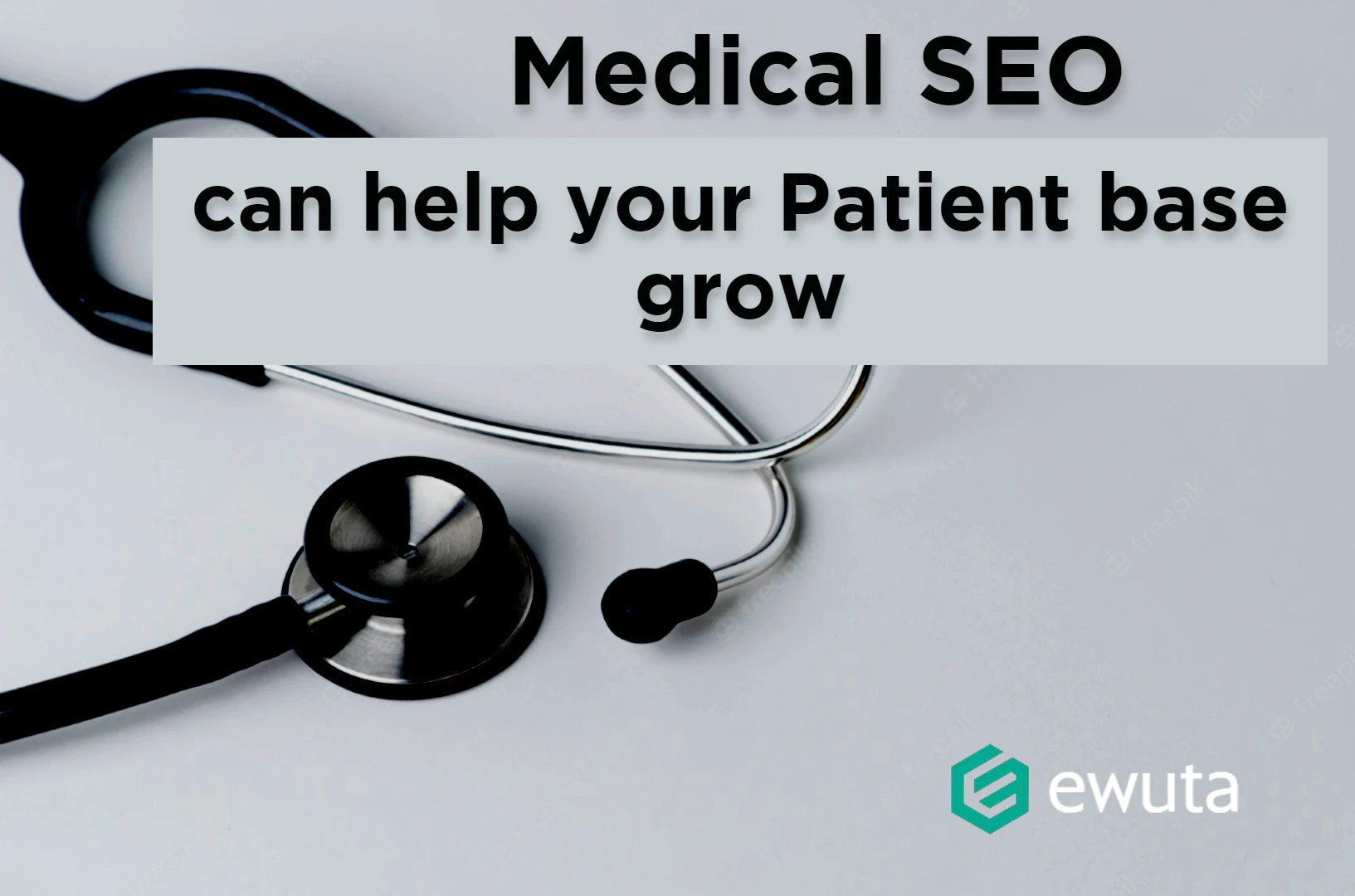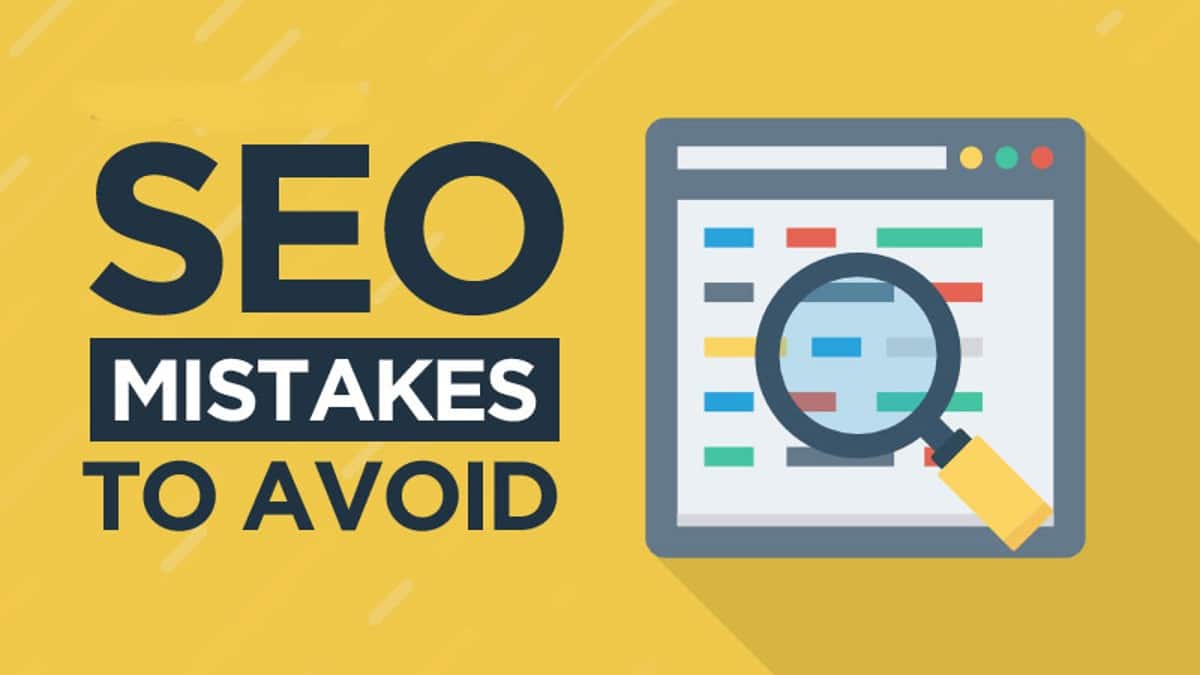Today’s digital world has grown on to become an essential part of businesses and organizations worldwide. With just a few clicks, you can view what a company offers in terms of a product or service. Having your company’s page at the top of the search engine rankings is a critical aspect of today’s fast-moving business world.

Search engines, such as Google, have more than 500 ranking elements to identify which site to display for every search query. Such features come into play whenever an individual searches for a particular keyword. Optimizing your online presence plays a significant role in dealing with such a scenario. It helps your business to reach a higher spot on the search engine results pages (SERP) rankings.
All of the 500 elements mentioned above do not carry equal weightage. Therefore, you must plan and work on your SEO technique and strategy, focusing on the main factors that are more important. Your search engine optimization strategy must be according to your business’s core values, product or service, mission, and vision. You must understand the mechanics of search engine optimization and its practices to help your site claim the top spot.
To complete a successful SEO analysis, you must consider certain factors that directly impact the search result. The following article elaborates on some of the main factors that conclude to a better SERP ranking. Such an example could be the utilizing of a keyword checker in the process. As it will allow you to understand where to position your website in the search engine. Let’s see how you can augment your SEO ranking:
10 Factors to Assess Your Website’s SEO
1. Secured Website
Website security has recently been added to the factors that help you achieve a better Google ranking. Having a secure site refers to the use of secure protocols for website interaction like HTTPS encryption. Such HTTPS encrypted sites have SSL certification that develops a protected connection between the user and the website.
The information exchanged between the website and an extra layer of protection guards an individual’s data. Search engines automatically prefer to direct the users to a secure website. Hence, you must have an SSL certificate to protect your website as well as increase its visibility.
2. Efficient Crawlability
Crawlability refers to the finding and scanning of your website. A search engine will be unable to rank your website if it cannot find it anywhere. Crawlability enables the search engine to look for your website, scan its content, and determine how it should rank it.
If you want to allow the search engine to crawl onto your website and rank it, consider the following factors:
- Sitemap submission.
- Check index status.
- Proper use of Robot.txt
3. Mobile Responsiveness
Nowadays, most individuals use their mobile phones to view websites and search for their desired product or service. Whenever users want to read a piece of information, they can take out their phone and visit a website.
Therefore, your website must provide a sound and smooth user experience. To assess this, all you need to do is submit your site to Google’s Mobile-Friendly Test. Such a site could help you recognize the weak spots and tune your website accordingly to make it more responsive.
4. Webpage Loading Promptness
As people are interested in finding answers instantly, they want the search results to display without delay. Website loading speed plays a significant role in SEO ranking. Your website will be ranked higher by the search engine if your webpage is quick, efficient, and informative.
Using a site speed checker will help you identify if your site is loading swiftly. In today’s business world, individuals do not have time to wait for the site to load. Therefore, you must ensure that your webpage operates smoothly to improve its performance and reduce bounce rate.
5. Individual Engagement
Search engines work and operate based on page importance. It identifies what kind of site is visited by most individuals, which sites are more useful, and which ones they search the most. RankBrain, an artificial intelligence tool, is used by Google to determine which site is more beneficial for users. The following are the individual engagement elements:
- Click-through rate (CTR).
- Time spent on site.
- Bounce rate.
Consequently, to directly benefit from optimizing your website and its content, the best way to go about it is through:
- Top-quality design and graphics
- Isolated site architecture
- Incorporate internal links
- Utilize Meta tag SEO
6. Optimum Quality Content
A simple way to increase user engagement is to upload relevant, eye-catching, and supreme quality content constantly. It is the content that attracts a user and makes them stay on the website for a longer time. Hence, your content must be informative, provide insights to attract traffic. Search crawlers help deal with fresh content as well, further contributing to increasing your website’s visibility.
If you use keyword density checker that are used in a page, and if any of the words are redundant then try to make your content more relevant to the topic. It will help you in double-checking your content and make it more relevant to the topic. In addition, you can use tools such as Google AdWords Keyword Planner7. Targeted Keywords
A common mistake individuals make is to write vague content. You must ensure that your content is strategic with the help of extensive keyword research. It helps to determine what keywords are significant and what topics are most beneficial to cover. Driving traffic on your website through keyword research is the most effective way to achieve a top spot in Google rankings. Following are the tricks to do so:
- Long-tail keywords.
- Consider keyword search intent.
- Site’s competitive range keywords.
8. Augmented Content
Augmenting or optimizing your content is highly important. It means that you will have to incorporate on-page SEO elements. These elements or factors refer to enhancing each page of your website by including keywords in your content. Such optimization helps a search engine to rank your website higher than other webpages. Do not repeat the same keyword and try to be innovative.
9. Organized Data
Organized or structured data helps a search engine to identify what your website is all about. We include structured data often in the backend of a website as microdata.
It allows many search engines to figure out the classification and interpretation of the content. Consequently, informing the search engine about the critical content of the website and display relevant content accordingly.
10. Reliable Business Listings
Dependable, influential, and trustworthy brands are considered more important and ranked higher by search engines. Search engines increase search visibility if the brand has a successful online presence.
Therefore, reliable and consistent business listings or citations are a significant ranking element or factor. They also increase the significance of a well-managed social media presence of the business to determine such reliability.
Conclusion
The fast-moving digital world is becoming ever competitive with time. People have come up with different ways to boost their organization’s presence and incorporated beneficial strategies.
Having a decent website that is popular among individuals is essential. Similarly, focusing on improving its rank on the SERPs is equally significant. Therefore, all of the factors above help you understand search engine ranking and include them in your website.




